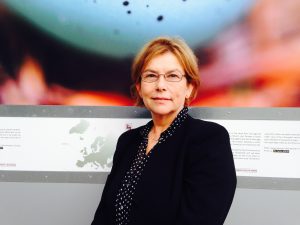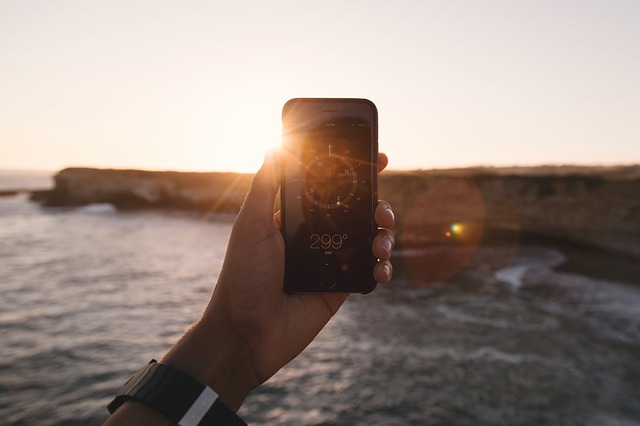As the UK marks the start of Refugee Week (20-26 June), one of the OU’s leading academics has identified a serious gap in the provision of trustworthy, relevant reliable and timely news and information which could be putting lives at risk. Professor Marie Gillespie has been conducting research into this issue, and argues that the answer to the problem could lie in the effective use of smart phones, which are an increasingly essential tool for refugees as they make their journeys.
Professor Gillespie is using her research to call for European governments to provide better information resources for refugees and to fulfil their responsibilities under the 1951 UN Refugee Convention to provide timely legal, medical and practical news and information. Failure to do so, she argues, is putting lives at risk:
“We are hoping that the European Commission will take more assertive action and work together with European Member States to fund initiatives that will provide better information for refugees to enable them to find the protection that they need. The research identified a range of information needs and a set of best practice principles for those providing information for refugees.”
Media portrayal
Professor Gillespie has been collaborating with Professor Heaven Crawley at the Centre for Trust, Peace and Social Relations, Coventry University, whose research highlights the fact that portrayal of refugees in the media is often negative.
Professor Crawley said:
“I think we get a very distorted picture from what we see in the papers. We get the impression that most people are coming in in order to access welfare or simply get a job when in fact most people –around 84% of those that have made the crossing – are in need of protection.”
Risk of misinformation
Professor Gillespie’s research with colleagues from a range of disciplines stresses the important role that mobile phones could play in helping to provide protection but strikes a note of caution. She said:

Marie Gillespie
“One of our main research findings is that the smart phone has the capacity both to empower refugees, but also, it is a very powerful surveillance tool in the hands of officials and government. As a result, refugees can use avatars and false identities online and they go digitally underground, which exposes them to further dangers, such as misinformation, lies and conspiracy theories circulated by criminals, political extremists or terrorists.”
Refugee week is a UK-wide programme of arts, cultural and educational events and activities that celebrates the continuation of refugees to the UK and promotes better understanding of why people seek sanctuary.
You can read further information on refugee week.
A version of this article previously appeared on the OU’s Research website.



